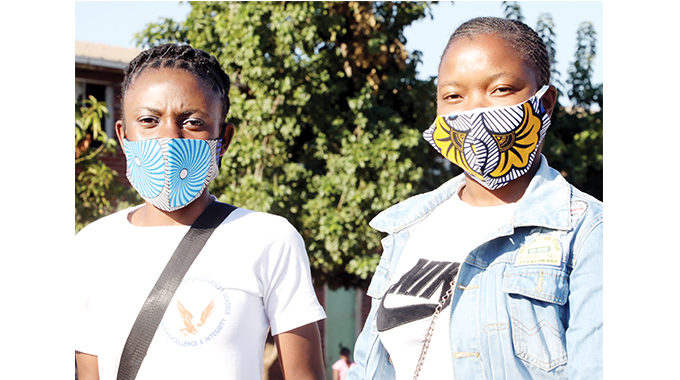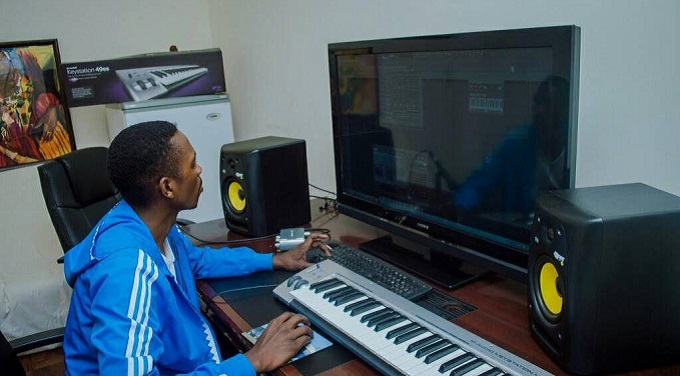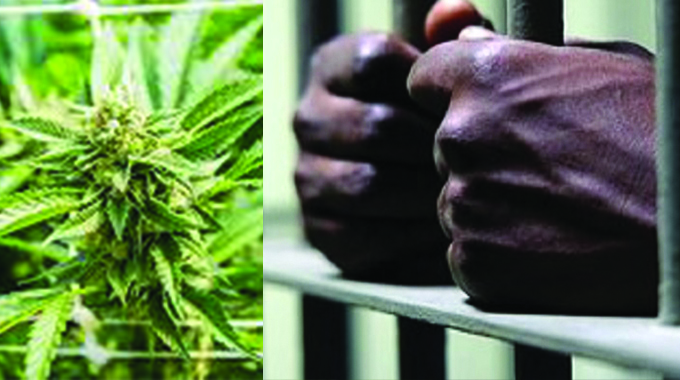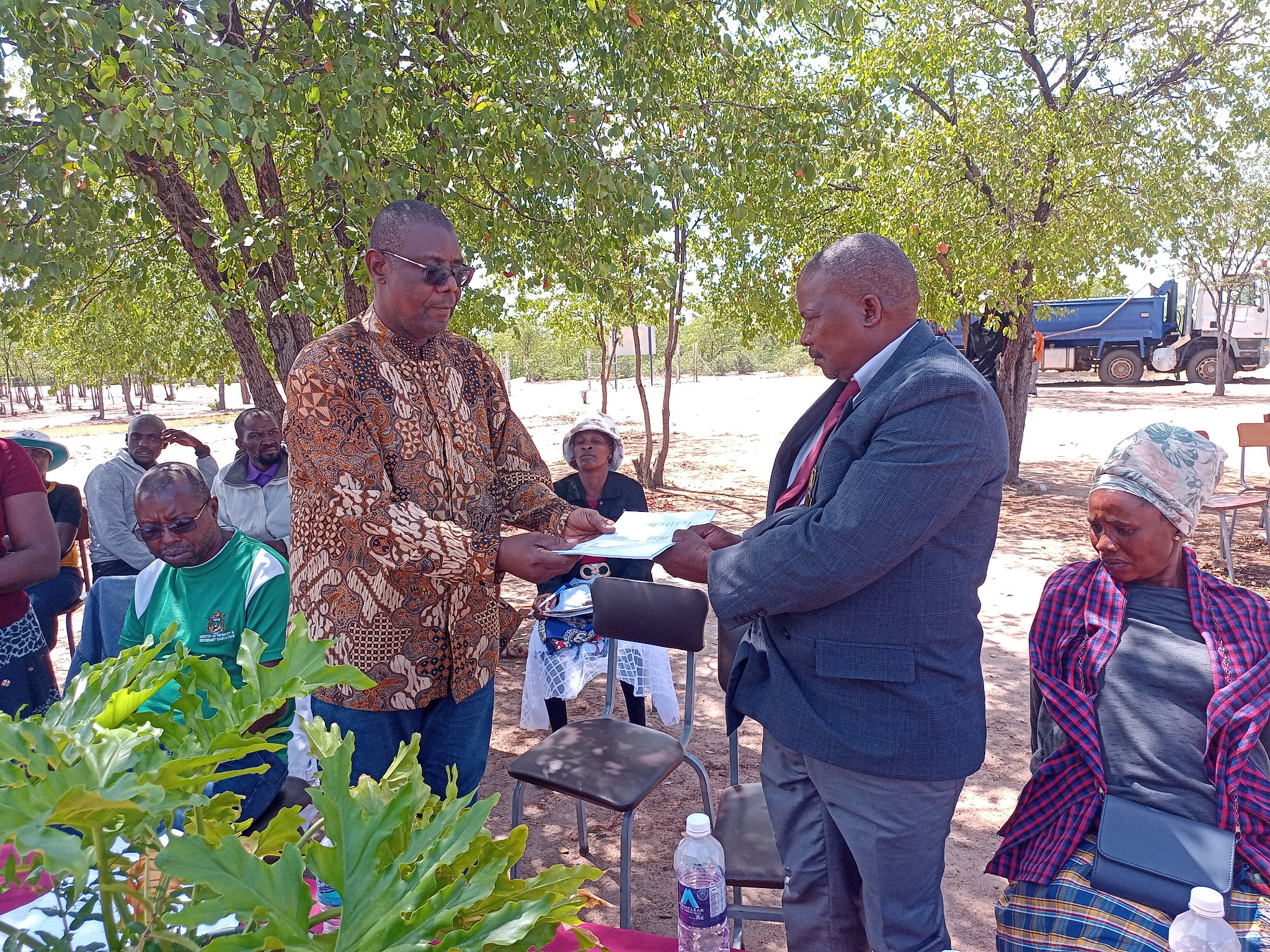115 arrested for masks violation

Andile Tshuma, Chronicle Correspondent
OVER 100 people have been arrested in Bulawayo, mainly for not wearing masks in public, as medical experts said the home-made mask is safe to use in fighting Covid-19, if properly used.
It is now mandatory for people to wear masks outside their homes as the country enters level two of the national lockdown.
Bulawayo police spokesperson Inspector Abednico Ncube yesterday said 115 people were arrested in the city for disobeying level two lockdown regulations and said the majority was for non-adherence to the standing orders on wearing of masks.
“We arrested 115 people, most of them for issues to do with wearing of masks. We are enforcing a law announced by President Mnangagwa that people must be wearing masks at all times if outside of their homes. We are seeing some people displaying masks but not wearing them. If one is in public places, the mask must be covering your nose and mouth, and it must not be hanging on your chin or just on your forehead, or in your handbag. It must be worn,” said Inspector Ncube.
“So, we are arresting all those people with masks but not wearing them, and those without. We are flexible on what people are using as masks. We just want the mouth and nose covered that is all. People can improvise and use what is available but they must be covered when not at home.”
He commended Bulawayo residents who complied with the new requirements.
“We, however, applaud Bulawayo residents because most of them who were moving about yesterday had masks on, especially in the CBD where there is usually limited social distancing,” said Inspector Ncube.
Zimbabwe Medical Association (ZIMA) secretary-general Dr Sacrifice Chirisa said if worn correctly, homemade masks were safe and people did not have to fork out money to buy surgical masks at pharmacies.
He said there was a global shortage of surgical masks and called for people who are non-essential service staff to embrace home-made masks to reserve the surgical ones for frontline staff at higher risk.
“Home-made masks should be double clothed or pleated. It’s not necessary to stretch or open up the pleats, as long as the mask is covering the nose and mouth, then it is fine. Always ensure that your mouth and nose are covered. The public must also remember the safe way to use masks. If not washed for each use, the reusable mask can be a health hazard as they can harbour bacteria and viruses. These masks should not be shared, just like underwear,” said Dr Chirisa.
For people claiming to be suffocating from wearing masks, Dr Chirisa said it was normal for people to have such feelings if they are wearing them for the first time.
“It is expected. When someone is wearing a mask for the first time, that discomfort and feeling of suffocation is normal. However, it is not deadly. Otherwise our doctors would have dropped dead when conducting surgeries that take long hours because they wear masks the entire time,” said Dr Chirisa.
Dr Chirisa encouraged the use of cotton and nylon cloths to produce home-made masks as it was wearable and allowed for easy breathing while also providing enough protection.
When The Chronicle toured Bulawayo suburbs yesterday, many people had complied with the masks order.
Some enterprising tailors started making home-made masks from their backyards and were providing them at a lesser price than pharmacy prices.
Mr Lovemore Phiri of Mzilikazi suburb was making masks in his home and displaying some by the gate for people to see.
He said most of his customers where people going to Mpilo Central Hospital, a stone throw away from his home.
“Most people go to the hospital unprepared as they did not know that without a mask, one is no longer allowed into the hospital grounds. So they now pass by buying masks, while some come back and buy after making a U-turn at the hospital gate. I am selling them for $10 only,” he said.
A disposable mask at a pharmacy costs between US$1 and US$3, while a reusable one costs between US$3 and US$5. However, home-made masks were going for between $10 and $15 in local currency. Dr Chirisa said Zimbabweans were better off settling for the cheaper homemade masks to save their hard-earned cash.
“The generality of Zimbabweans do not have access to foreign currency and cannot afford the disposable mask that they will have to discard daily. It makes more economic sense to use the reusable mask as it is more cost efficient but serves the same purpose,” he said. — @andile_tshuma










Comments